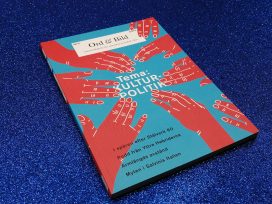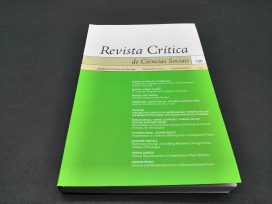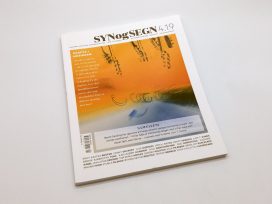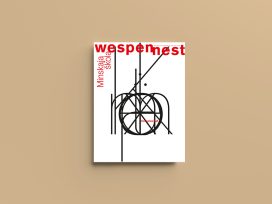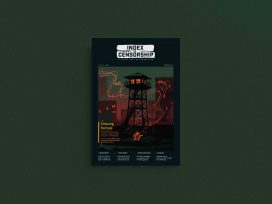‘What kind of music would Beethoven have composed had his hearing stayed normal throughout his life? It is an impossible but thought-provoking question. The only certainty is that it would have been another, a different kind.’ Syn og Segn focuses on musical expression and its capacity for articulating emotion.
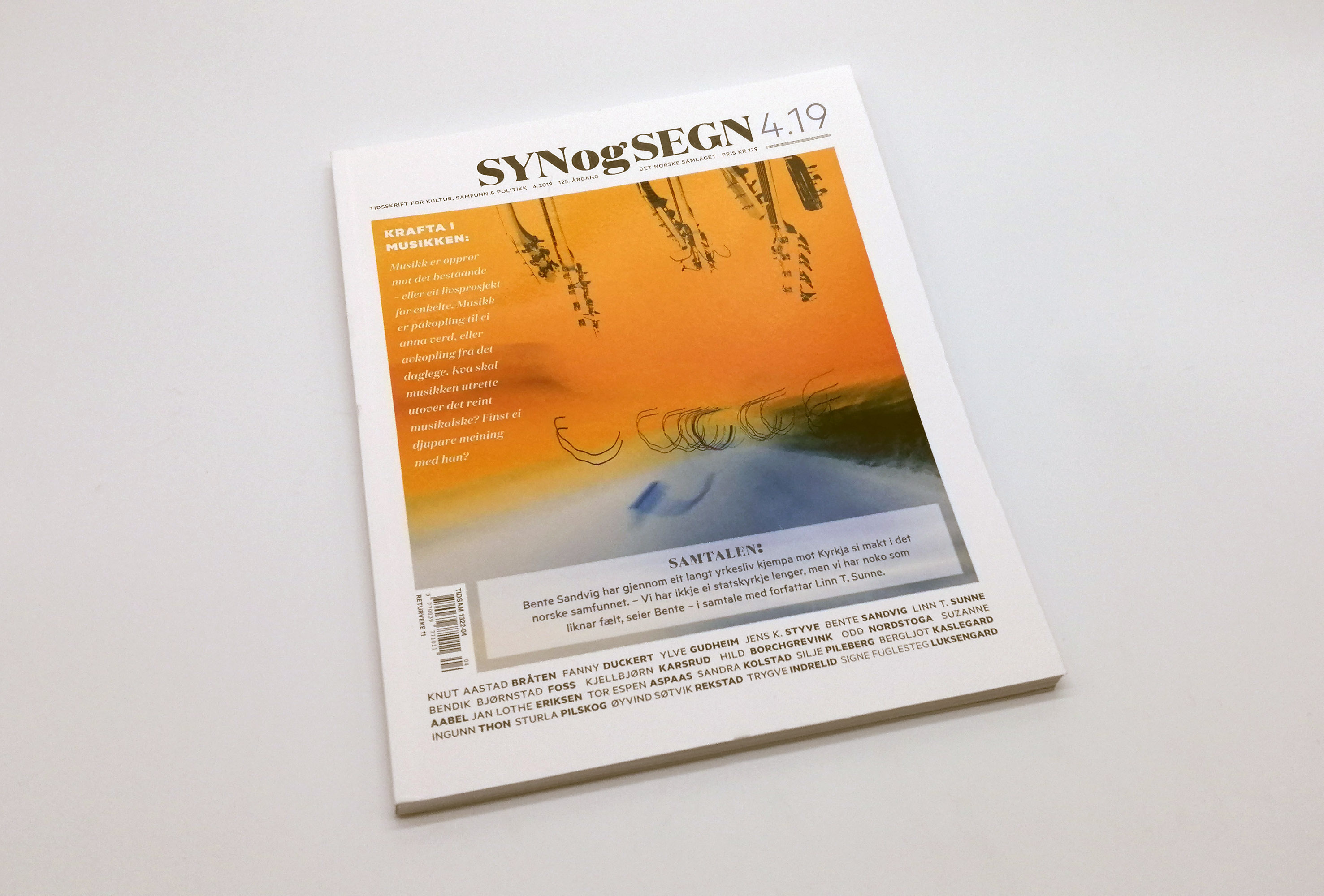
‘What kind of music would Beethoven have composed had his hearing stayed normal throughout his life? It is an impossible but thought-provoking question. The only certainty is that it would have been another, a different kind.’ Espen Aspaas quotes the composer: ‘I am doomed to be misunderstood … Wordless, isolated from conversation’, and ends with responses to Beethoven’s Apassionata, composed during the early years of his deteriorating hearing.
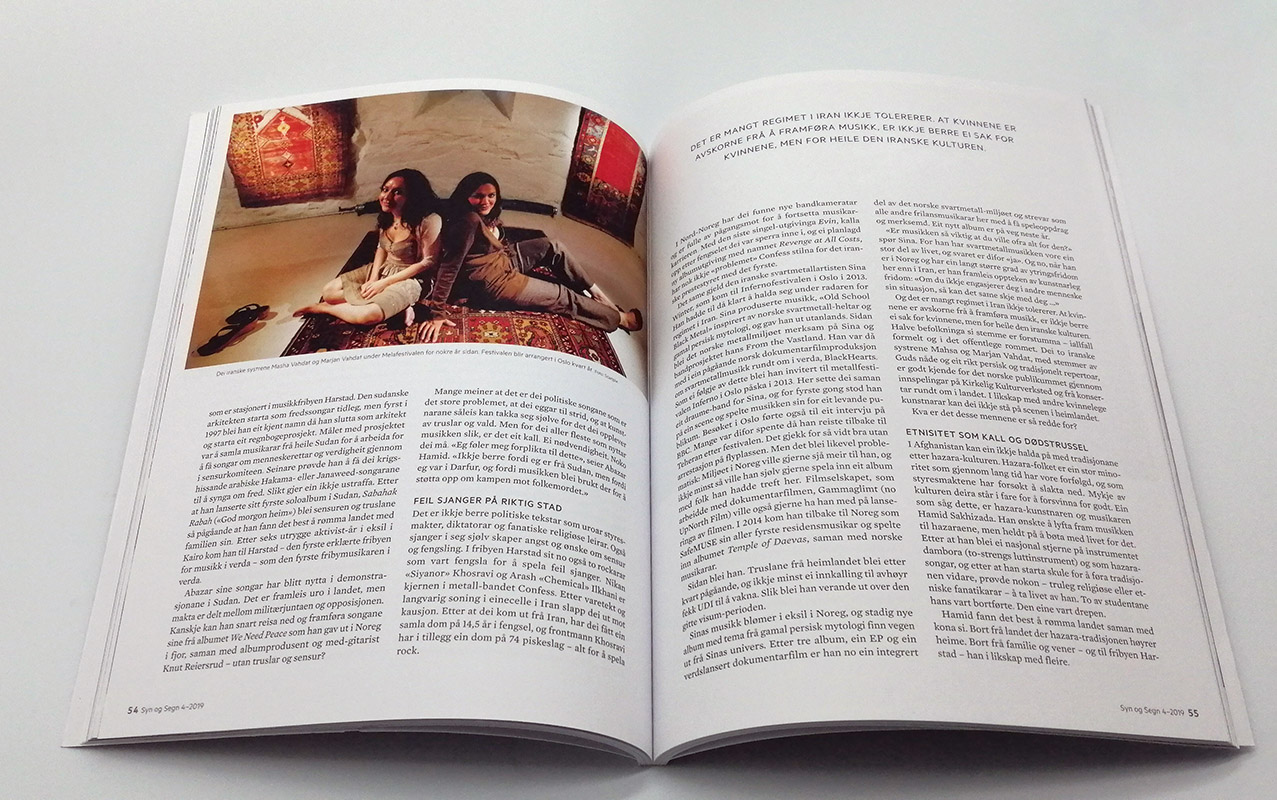 Protest songs
Protest songs
Jan Lothe Eriksen, a cellist and musicians’ trade unionist, stresses that the music of protest exerts a powerful unifying force. Those in authority know it: the lethal danger run by performers of protests songs in Chile prove the point. The Vietnamese singer and guitarist Mai Khoi is also at risk: ‘All she wants is to be free to be an artist, but the situation in her homeland forces her into political activism.’ Europe is not immune: ‘In 2018, Spain imprisoned more musicians than any other country – fourteen rappers were sentenced for choosing subjects like Catalan independence and the absurdity of national symbols.’
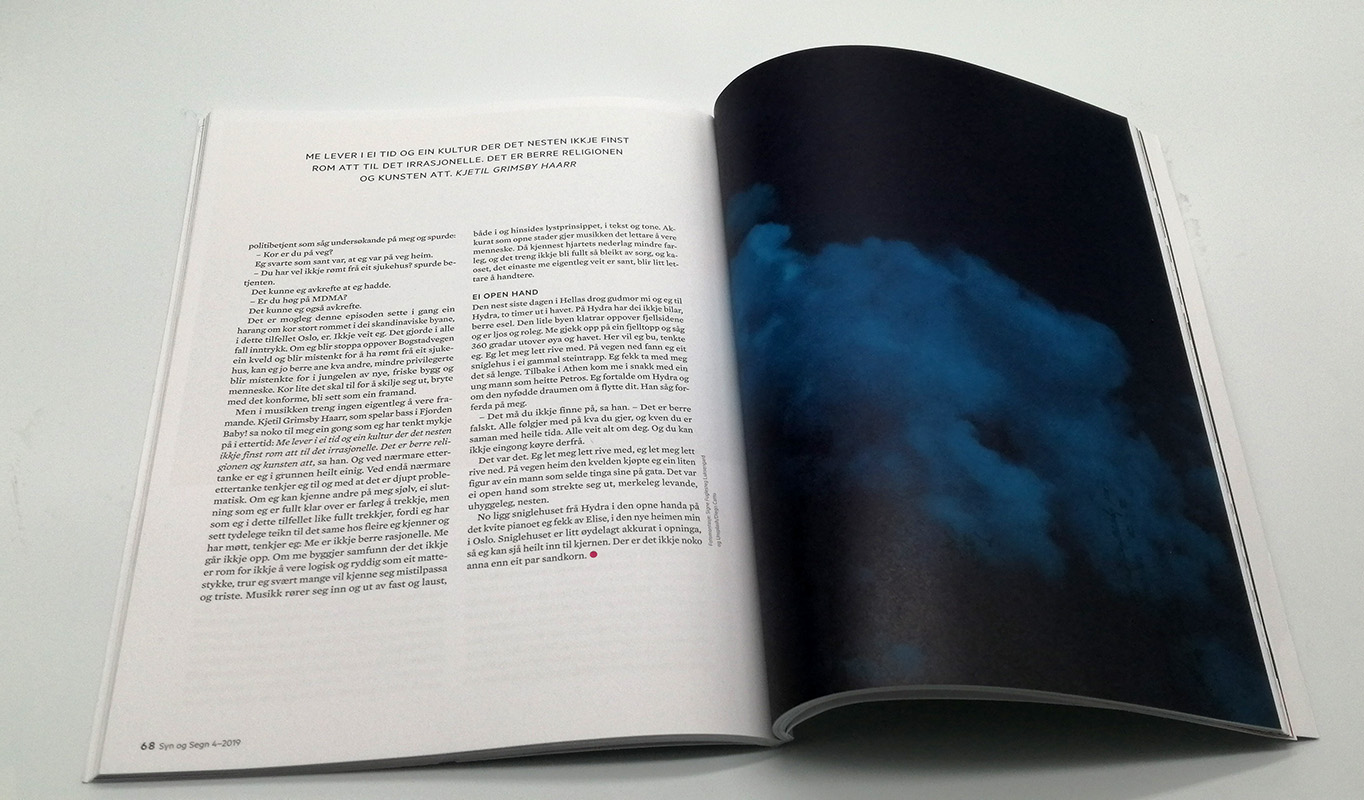 Lost art
Lost art
Diplomat and political speechwriter Øyvind Søtvik Rekstad praises the power of words: ‘Writing is becoming a lost art. The written language is a wizard’s toolkit that enables us to create power as if through magic. Why don’t our politicians spend more time on writing good speeches?’
More articles from Syn og Segn in Eurozine; Syn og Segn’s website.
This article is part of the 1/2020 Eurozine review. Click here to subscribe to our reviews, and you also can subscribe to our newsletter and get the bi-weekly updates about the latest publications and news on partner journals.
Published 24 January 2020
Original in English
First published by Eurozine
© Eurozine
PDF/PRINTNewsletter
Subscribe to know what’s worth thinking about.
Related Articles
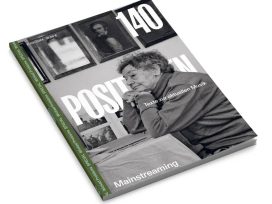
Beyond the canon
Positionen 140 (2024)
Questioning the canon of electronic music history: on feminist debate between integrating women composers and anti-mainstreaming; the Danish composer who wrote her place in the chronicles. Also, empathetic yet non-romantic environmental sound art in Finland.

No future!
Wespennest 186 (2024)
Historicizing Doomsday: how West German ’80s pop marketed angst; why the next generation doesn’t want to live fast and die young; whether we’ve really reached tipping point; an what ‘no future’ meant for early Christians.

